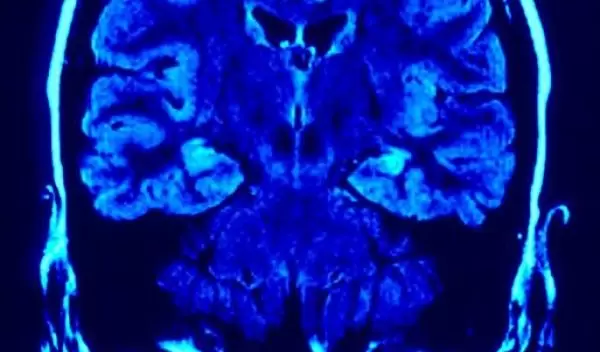
Unlocking the Secrets and Powers of the Brain
The human brain is a three-pound paradox: We use it every moment of our lives, yet so much about our brains remains a mystery to us. How do our brains make decisions? Why is it so easy to remember the words to our favorite childhood song, but we forget important passwords? Can someone really read your thoughts?
Four leading neuroscientists and psychologists discussed these and other brain research questions at a forum held at the Franklin Institute in Philadelphia, Pa., last winter. More than 15 video clips from that event and other interviews with these experts are now available online. They describe how recent advances in science and technology are making it possible to unravel some of these mysteries while showing us just how complex our brains really are.
Award-winning author, blogger and Discover magazine columnist Carl Zimmer moderated the panel discussion which featured:
- Daniel J. Levitin, James McGill Professor of Psychology at McGill University and author of the bestselling book "Your Brain on Music";
- Michael Gazzaniga, director of the Sage Center for the Study of Mind at the University of California and author of the new book "Human: The Science Behind What Makes Us Unique";
- Rebecca Saxe, Carole Middleton Career Development Professor in the department of brain and cognitive sciences at MIT; and
- Samuel Wang, associate professor of neuroscience at Princeton University and author of "Welcome to Your Brain."
In addition to presenting insights from their work, the experts also provided a unique perspective on the advances being made in the field of neuroscience and the many exciting and challenging implications they hold. For example, if brain scans can tell whether a person is lying, or if types of violence and criminal behavior can be traced to specific abnormalities in the brain, what does that mean for our justice system? As Gazzaniga puts it in one of the videos, "Is neuroscience painting a picture of the nature of the human condition in such a way that concepts of punishment take on new meaning?"
Saxe takes this thought further by exploring what cutting-edge neuroscience can tell us about why ordinary people can participate in extraordinarily cruel behavior, like that put on display at the Abu Ghraib prison in Iraq.
The experts also challenge our common perceptions about how our brains work. Have a hard time making up your mind before you weigh all your options? It turns out, according to Wang, that your brain may have already made a decision without you knowing it, and all your deliberations are for naught. Wang also dispels the common myth that we only use 10 percent of our brains--we use almost all of it at some point.
In other videos, the panelists delve into what the brain can tell us about the nature of being human. Levitin points out that even though we think of our lives as being defined by what we do, our brains actually spend a great deal of effort preventing us from making other choices. "So much of what makes us human is inhibiting action," he said. "That's counterintuitive."
The panel at the Franklin Institute was the beginning of a series of events produced as a partnership between Discover magazine and the National Science Foundation to explore the biggest questions in science today. Excerpts from the event and interviews with the panelists are available in the February 2009 edition of Discover.
